Last night, I fell asleep in a Starbucks.
I was woken up by the sound of a Grammarly ad through my headphones and a green-aproned employee tapping me with the handle of her broom. Exhausted and stressed, I had closed my eyes for a second on my chemistry textbook and fallen completely asleep.
Falling asleep in a Starbucks is only the tip of the iceberg; the COVID-19 pandemic may have changed the way that we do schoolwork, but college students are still expected to be hardworking. We are expected to excel in school, on the field and in clubs and organizations despite the fact that it feels like the world is ending. Not only is Zoom exhausting, but the demands of transitioning into adulthood in the midst of a pandemic are crippling. Full days of studying and sore eyes from Zoom classes have replaced decompressing on the weekend.
Students equipped with face masks and laptop chargers spend their days in the library (until 10 p.m.) and locked away in their dorms watching hours of asynchronous lectures and authoring countless Brightspace discussion posts. Life on campus feels dystopian; we’re repeating the same day over and over. Students are conflicted over whether to self-report symptoms of their Zoom-induced headaches after seeing an endless stream of friends with bags packed for quarantine housing. In past years, the dedication and grit Vanderbilt students apply to their tough classes is mitigated by scheduled breaks. This year, student demands for a day off are only continuing to increase.
We’re still adjusting.
Life on college campuses in 2020 bears little resemblance to the experience most Vanderbilt students had hoped for. It feels as if normal conversation has been replaced with apologies and hesitations. In Zoom classes, the awkward, forced, broken conversation provides students no sanity. We are constantly interpreting each others’ movements, timing, breaths, gazes and affirmations.
For students who are used to taking advantage of Vanderbilt’s beautiful campus, adjusting to a world of technology has been difficult. Traditional classrooms, chalkboards and papers have been replaced with online interfaces that are difficult to navigate. Casual classroom conversations with peers have been replaced with 100-word replies to a Brightspace discussion post.
We’re burning out.
Burnout is a state of exhaustion caused by continuous stress. Unlike feeling tired after a bad night’s sleep, burnout isn’t just a condition we can “power through,” as so many of us have been conditioned to do. Burnout can lead to emotional exhaustion, depersonalization, a reduced sense of personal accomplishment and a loss of motivation to do schoolwork or personal tasks. Continuous stress and student burnout has permeated campus this fall. Balancing class and pre-professional requirements, playing competitive sports or leading an organization while trying to stay on top of schoolwork can set students over the edge.
After meeting a few Vanderbilt students, it is easy to see why we are exhausted. Our loved ones at home are getting sick, virtual classes are energy-draining and it is hard to focus amidst worries about applying for jobs and completing pre-professional requirements. From virtual graduation parties to postponed internships, students are contemplating career decisions—and COVID-19 is fundamentally altering what we desire from our jobs and lives. International students, first-generation and low-income students face additional hurdles.
A Harvard Business Review survey of a representative sample of U.S. college students found that most students reported high levels of stress and loneliness during the fall semester. Fifty-six percent of students reported feeling isolated from others on a regular basis. Students are not only worried about the present; 60 percent felt that they would not be able to find a job, and 58 percent expected to experience financial instability after graduation.
“I pretty much won’t be sleeping for the next two nights to get this done,” a student in a group project sent to our Zoom chat late on Sunday night. Seeing other students completing assignments, annotating readings or contributing to a class assignment is not unusual. Vanderbilt students see sleep as a necessary sacrifice to sustain our high-achieving work ethics.
We’re worried about money.
Affordable housing and food costs were already major concerns for Vanderbilt students before the pandemic. During the 2019-20 school year, 65 percent of Vanderbilt students received financial assistance of some kind. The pandemic has exacerbated concerns, especially for students who did not receive on-campus housing. A June report from the Hope Center reported that nearly three out of five college students struggled to afford basic needs during the pandemic. Access to health and nutritious foods and winter clothing are luxuries this year for many students. Rising costs of tuition, room and board at elite universities have put pressure on low-income students and their families.
We’re afraid to get sick.
Every Vanderbilt student experiences that jolt of anxiety when they receive their weekly test results from Vault. Anxiety over getting sick continues to permeate student life. Students worry about spending two weeks in isolation, being contact traced or facing disciplinary action. What if this week I test positive? What if I’m sick and I don’t know it? How will I tell my friends? Fears of contracting COVID-19 are higher for those in high-risk categories and racial minorities who face discrimination from our healthcare system.
We feel alone and unsupported.
When thoughtful Vanderbilt first-year students put their own needs aside to provide meals for Nashville’s homeless population, they are shut down and ignored by Vanderbilt’s administration. International students, first-generation students and alumni feel wildly unsupported by the university’s winter break policy. First-year students residing on main campus are isolated from their peers on Commons and those on Commons worry about the difficult transition to main campus.
Students around the world have taken to social media to lament their workloads as the U.S. faces racial tensions, threats of violence and the most important election of our lifetimes. One student said her professors were worried about discussion posts while she feared for the election results.
“If they cared, they would give students a day off to rest and recover both mentally and physically,” Vanderbilt student Dominic argued on Twitter. “If they cared, they’d give students Election Day off so that we can vote for our future wellbeing.”
We’re asking for a break.
I ask the Vanderbilt administration to think about the students. The high-achieving, world-class students that fuel this university cannot continue to function under duress. Why can’t the administration apply the same careful consideration given to our physical health to our emotional health?
I’m not here to tell you to simply “practice self-care” because that is disingenuous and the reality is that most Vanderbilt students won’t or can’t.
The fast-paced, high-achieving narrative we subscribe to does not have room for self-care or rest. Being constantly exhausted isn’t trendy or cute and it shouldn’t be a part of college, online or not.
To my fellow Vanderbilt students: it is okay to be tired. I know I am. We are not only managing the daily stress of being college students but also experiencing a major life transition. Graduating from college, looking for a job or applying to professional programs during a pandemic is grueling. It is easy to become worn down and burned out. It is also okay to feel disappointment; our vision of how our lives were going to be at this time has changed drastically. Many of the things that govern our lives today—face masks, social distancing, online classes, isolation—were not in our vernacular at this time last year.
Remember that putting your mental health first is not selfish. You do not have to feel guilty about prioritizing your well-being. Admitting that you need help is not a weakness.
Breaks constitute necessary periods of growth and relaxation for adolescents. It is essential that the Vanderbilt administration follows the lead of other top universities in incorporating mental health days into our spring semester. Yale University has planned out five individual days off spread throughout the spring semester; Harvard University has designated a student wellness day and UNC-Chapel Hill paused instruction for a three-day weekend for student and faculty mental health.
Vanderbilt’s administration should work to allow access to more indoor study spaces, including extending library and building access, as the weather gets colder. Vanderbilt should additionally work to create pandemic-appropriate policies such as assignment blackout days or community mental health days.
Taking the time to reflect on and digest the current situation will put all of us in a better position to enact our changing goals and help and support those around us. It is my hope that Vanderbilt’s administration can help and support us by giving us time for our own needs.


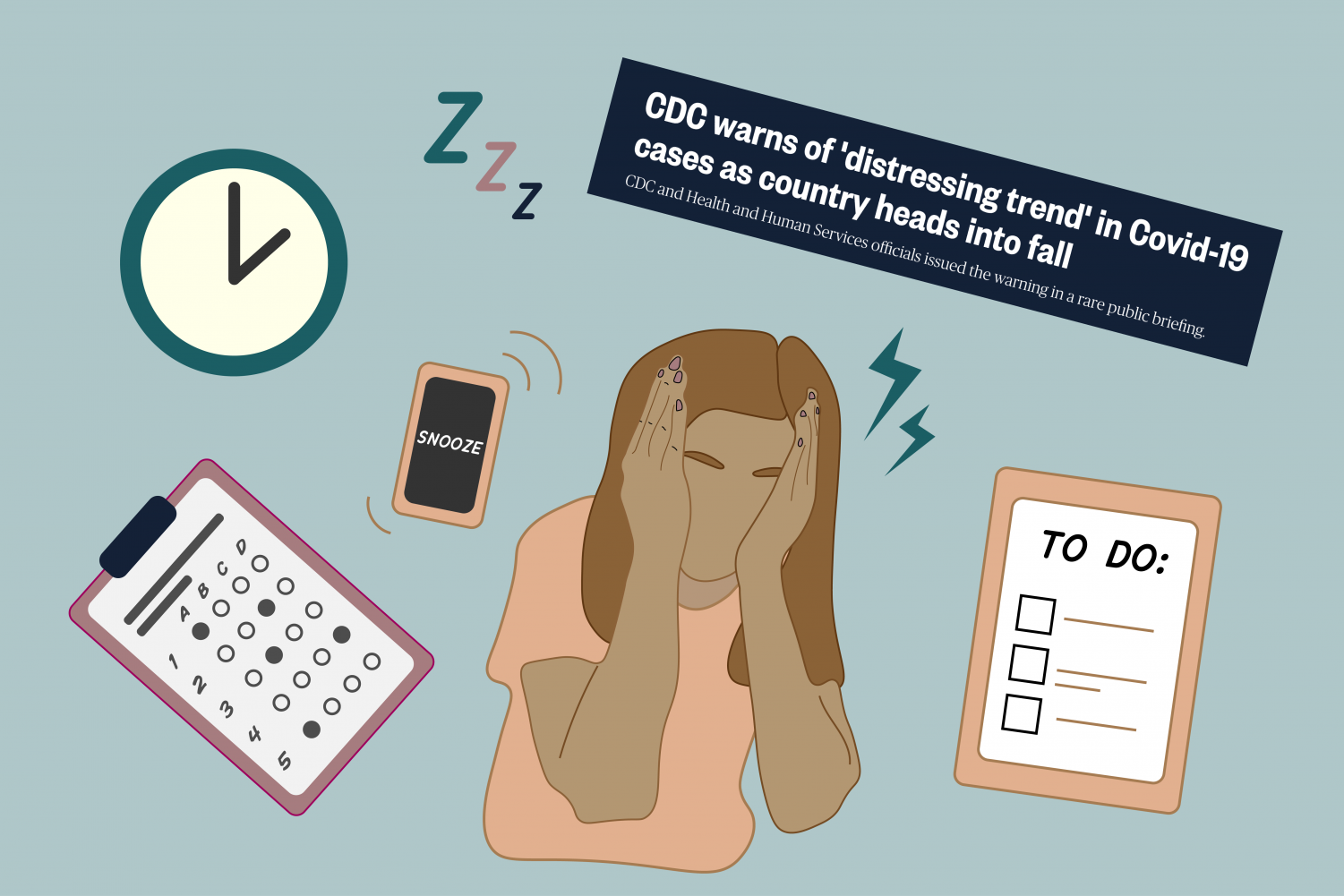

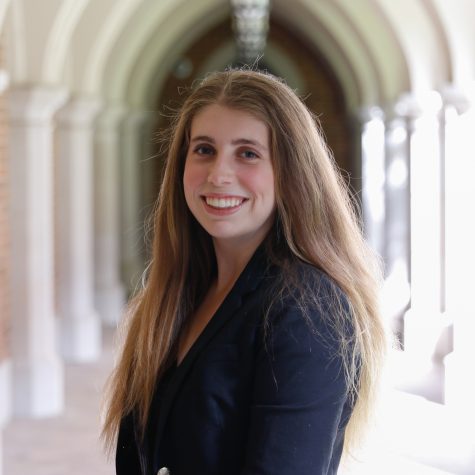





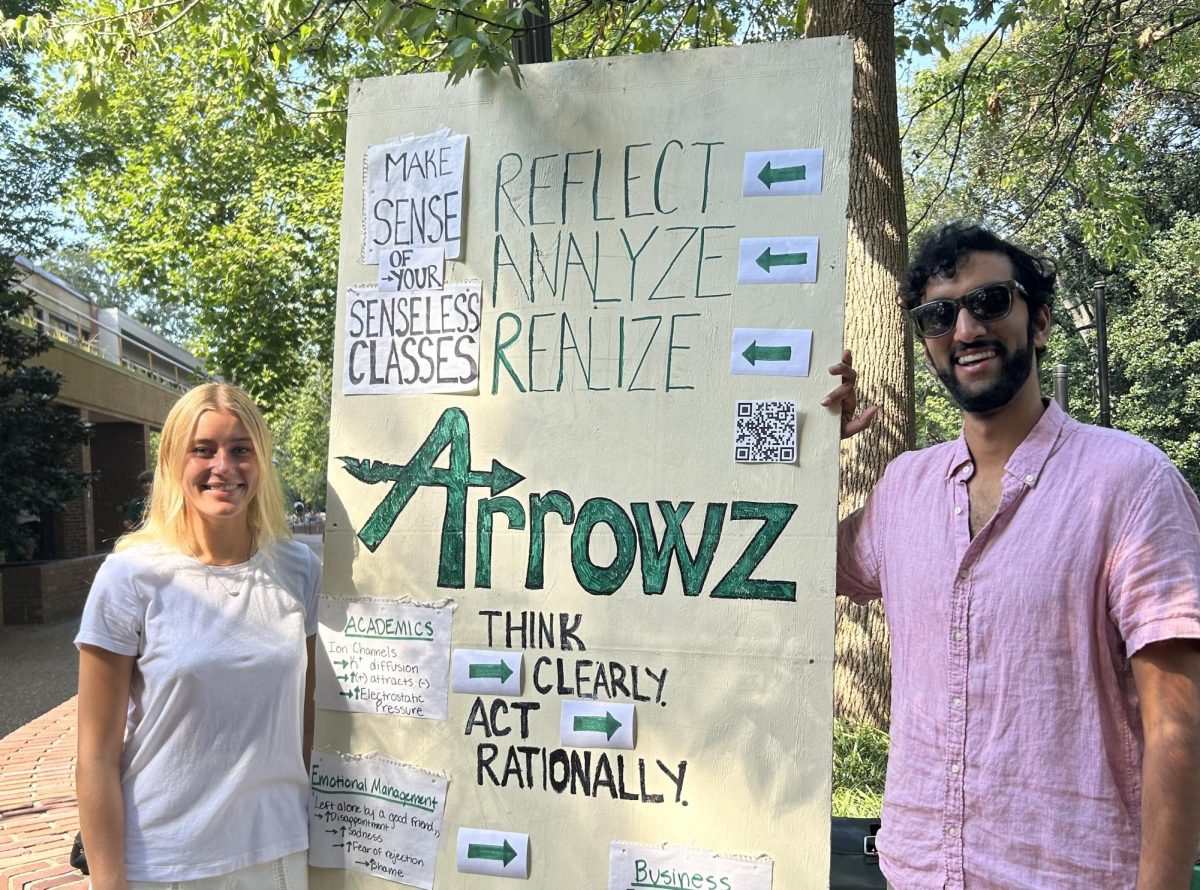
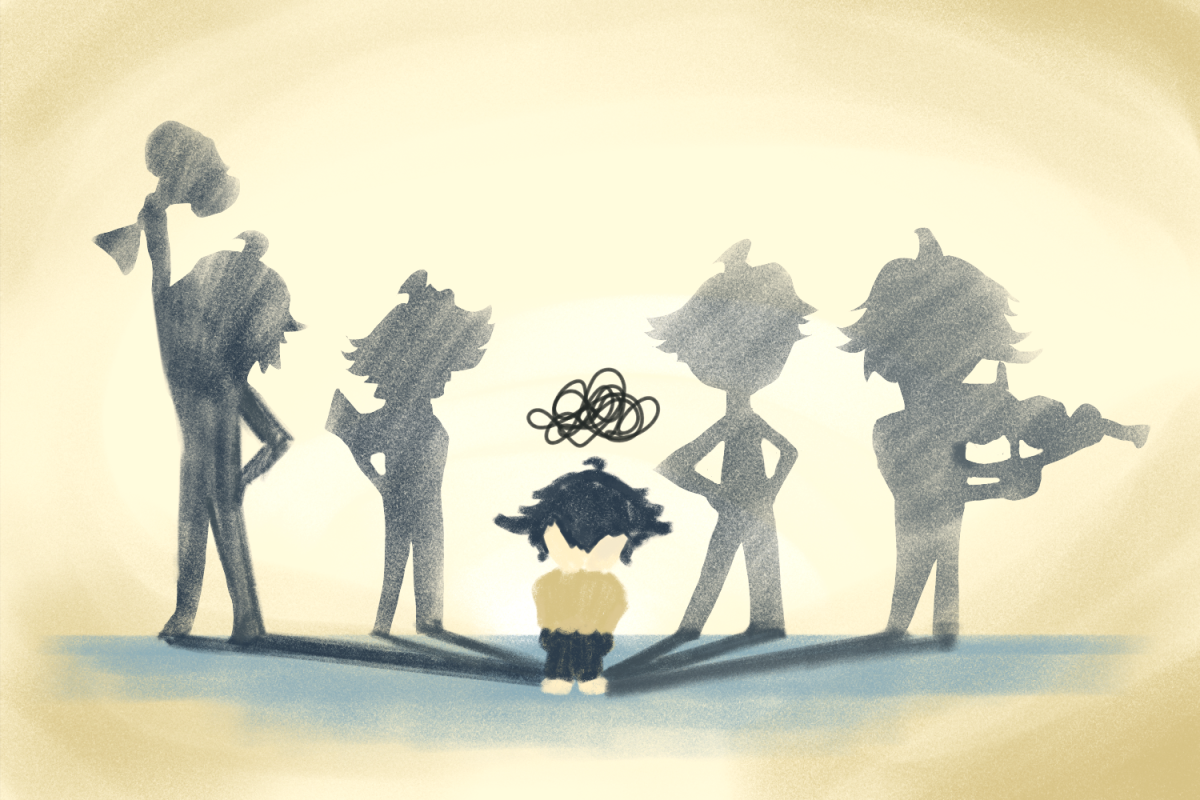
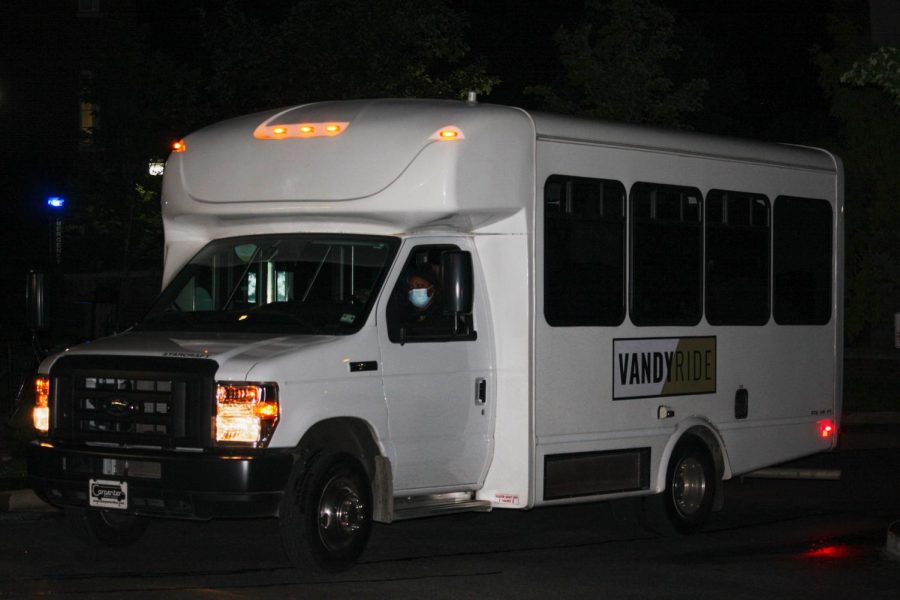
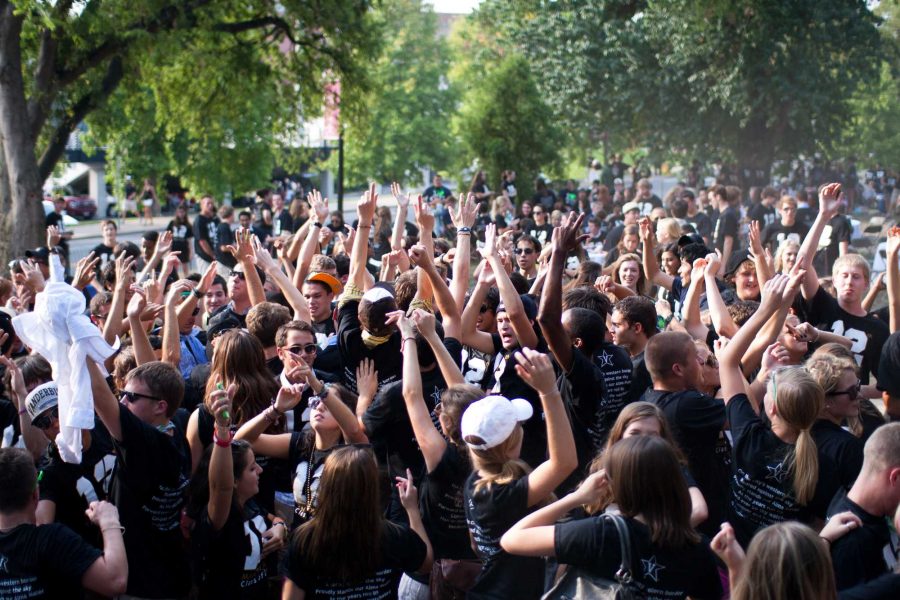
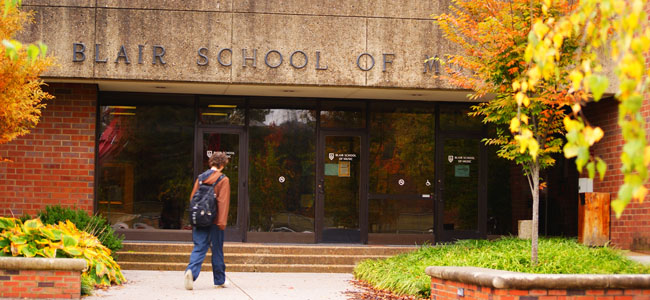
A fellow opinion writer • Nov 6, 2020 at 12:51 am CST
This is a fantastic article Zoe!
a tired student • Nov 5, 2020 at 3:47 pm CST
this is so important. thank you for this beautifully written piece.